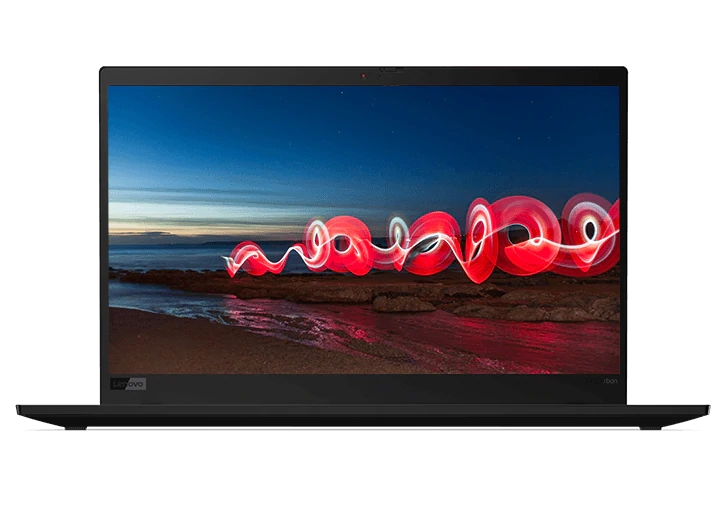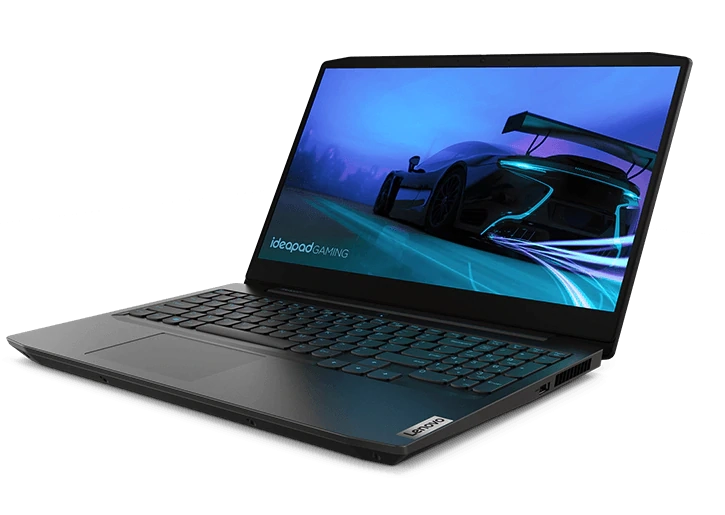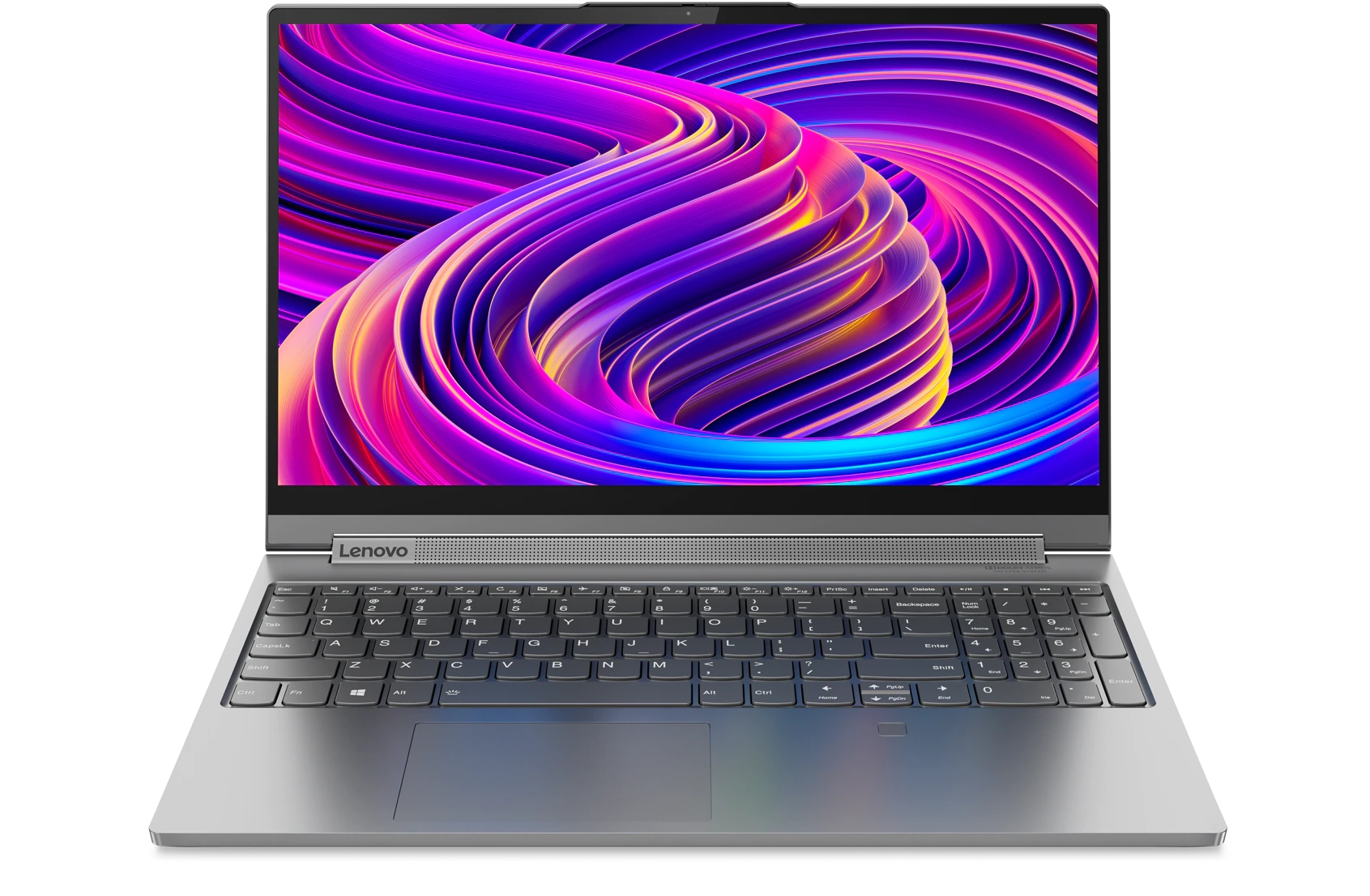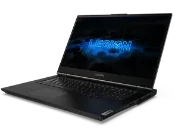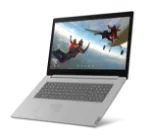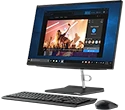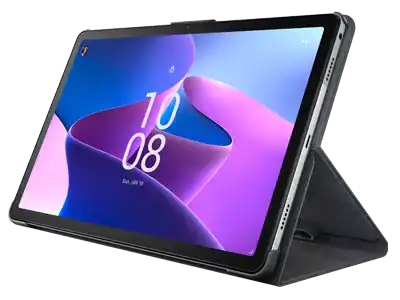What is Windows 8?
Windows 8 is an operating system developed by Microsoft for personal computers. It is vastly different from all of its predecessors, as the interface is tailored specifically for use on tablets and smartphones. The traditional “start” button has been removed entirely (but can be made to appear with the use of a third-party program) and most laptops with Windows 8 installed utilize a touch-screen. The operating system also come with pre-installed anti-virus software and the Window Store distribution platform for easy downloads of more than 125,000 available apps.
Windows 8 is the first Microsoft operating system to feature the Windows Runtime (WinRT) platform, which allows users to run apps written in Microsoft’s typography-based design language known as Metro. This same language is now utilized in other Microsoft products, including the Xbox 360 and Outlook.com.
The company released Windows 8.1, the first major update to the system, on October 17, 2013. The most obvious change is the return of the “start” button with no additional software needed. Windows 8.1 also allows more than one app to be running simultaneously on an evenly split-screen, unlike the 75-25 ratio of Windows 8. Most of the other changes are relatively minor, but have been received positively by long-time Windows users. The colorful default landing page remains unchanged, with the Charms on the right and app drawer at the bottom of the screen.
Microsoft reportedly sold 40 million Windows 8 licenses in the first month after release, which outpaced sales of Windows 7. Users with a licensed copy of Windows 8 can upgrade to 8.1 for free via Microsoft’s website. Those currently running Windows 7 can purchase the standard version of Windows 8.1 for $120.
The Windows 8.1 upgrade is not necessary, but is recommended because it offers several new features not present in the original version. The transition is seamless and again, costs nothing.
How do I get Windows 8?
Some laptops will come with Windows 8 pre-installed unless you specifically request otherwise. Microsoft will stop supporting Windows XP as of April 2014 and Windows 7 as of January 2020, so if you are still running those version of Windows, you should upgrade to Windows 8 or 10 as soon as possible.
College students with an “.edu” email address can purchase Windows 8.1 Pro directly from the Microsoft online store at a deep discount (with the total price being around $70). Otherwise, it costs about $120 for Windows 8.1 and $200 for 8.1 Pro. You can also order a boxed copy with all the backup discs. If you already have Windows 8, you can upgrade to Windows 8.1 for free via Microsoft’s website.
Another option is to download a copy of Windows 8.1 Enterprise. It is basically a free 90-day trial of the program designed mostly for developers to test out the OS before buying. After 90 days, your system will shut down every 60 minutes until you upgrade to the full, paid version of the OS.
Lastly, you can always find a free full version online. But keep in mind Microsoft will not offer support for pirated versions and some will come with malware pre-installed. You will also need a product key for the OS to function.
When was Windows 8 released?
The official release date to the general public for Windows 8 was October 26, 2012. It was released to manufacturing (given to hardware companies to install in their products) on August 1, 2012. Development of Windows 8 commenced before its predecessor, Windows 7, was released to the general public on October 22, 2009.
Windows 8 and its functionality were first detailed at the Consumers Electronic Show (CES) 2011 in Las Vegas. Though the actual interface was not demonstrated, Microsoft’s President of Windows Steven Sinofsky told the crowd that the newest version of Windows would be capable of running architectures that only Windows Embedded was previous capable of running. One of those architectures is Windows CE, the system that operates Windows Phone 7. Thus the cat was let out of the bag about the potential of touch screens and other tablet and smartphone-like features being incorporated into Windows 8.
Windows 8, as of September 2013, holds an 8.2 percent market share, but the company expects that number to surpass 10 percent by the end of 2013. Windows 8.1, the first major update for the operating system, was released to the public on October 17, 2013. Customers with an existing copy of Windows 8 can download the update free of charge.
What is Windows 8 RT?
Windows 8 RT is a version of Windows 8 specifically designed for tablets and other mobile devices. Microsoft said the original aim for Windows 8 RT was to create a turnkey environment that offers some of the flexibility of Windows. It is an OEM (original equipment manufacturer) only platform, meaning it is not sold separately in stores or online. It comes pre-installed in many notebooks and is the operating system for Microsoft’s Surface Tablet.
More specifically, Windows 8 RT is the operating system for devices that use 32-bit ARM architecture, a group of instructions named after the British company that created it. The overall strategy of ARM architecture centers around simple instructions that are easy to execute, which results in faster performance in the device. Windows 8 RT can be used with system-on-a-chip (SoC) designs, which stuffs every computer component into one chip. This allows Window 8 RT to work in thinner devices and provides longer battery life because of its efficiency. Windows 8 RT should not be confused with Windows Phone 8 Operating System. The previous is not designed to be used on smartphones.
Windows 8 RT was announced at the Consumer Electronics Show 2011 in Las Vegas and released to the public on October 26, 2012.
